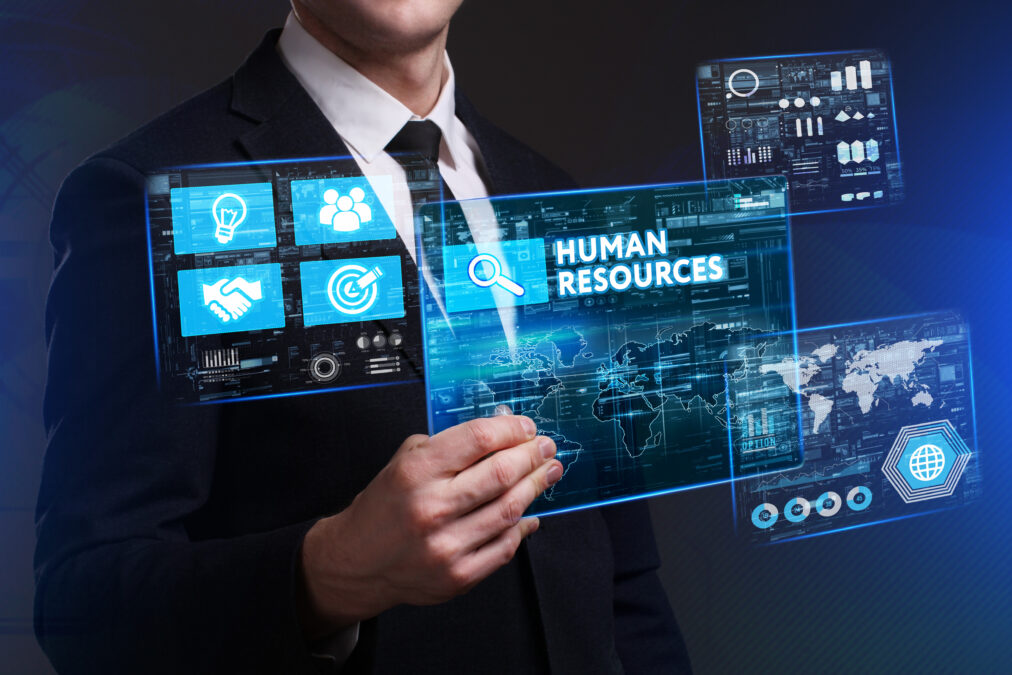Jeanette Wheeler, acting chief HR officer at MHR International, discusses what HR teams should consider before making the leap into the metaverse
The metaverse is the word of the moment: its future-fuelled promise of a seamless virtual reality experience has truly exploded into the popular consciousness. For forward-looking HR teams, conversations have already started around how the metaverse can enhance areas such as recruitment and learning. With the launch of Meta’s virtual reality app, Horizon Workrooms, further whetting appetites for three-dimensional virtual offices, the transition of long-established work operations into new digital spaces is tantalisingly within grasp.
However, in the rush to explore the next frontier of work, HR departments risk losing sight of the challenges they face in the here and now. Teams that are struggling to crack HR basics, or neglecting existing technology that supports productivity, workplace satisfaction, and overall efficiency, must improve current processes before leaping up into the metaverse – otherwise they may quickly find themselves crashing back down to Earth.
Fortunately, the right tech solutions are readily available for companies to strengthen their HR processes now and keep pace with the ever-changing world of work, without waiting for future developments to fully mature.
Retail in the metaverse: considerations for brands
Smart solutions to shape the future of work
A future vision of a virtual learning and development space in the metaverse is sure to feel out of reach in today’s landscape of post-pandemic disruptions, where many businesses are struggling to keep pace with the turnover and recruitment challenges. When combined with the fact that the total number of skills required for a single job increases at 6.3% annually, and new skills continue to replace old ones, HR teams are under unprecedented pressure to evolve the way they identify, attract, and retain critical talent. As such, HR leaders are having to intensify internal skill development processes at an ever-quickening pace to meet evolving needs.
It’s critical that HR teams leverage technology to take command of their own organisation’s digital skills development, with a focus on maximising the potential already within the business to fill talent gaps.
The most efficient learning management system (LMS) will allow organisations to seamlessly store, organise, create, deliver, and track their workplace learning programmes, all in one place. Repetitive data entry tasks are slowing departments down and stifling productivity, making it difficult to keep pace.
Companies should utilise smooth and seamless automated workflows that standardise processes and free up HR teams to focus on activities that add value. By automating key training management tasks, HR leaders can scale up their learning initiatives to unlock the best talent in an evolving work ecosystem.
Furthermore, a strong LMS will free up HR resources by automating routine admin tasks. This will ensure smarter working across the organisation, freeing up teams to focus on strategising for the next level of digital connection.
HR and data: what gets measured gets improved
Power to the people
The future may be meta, but its success will rely on the human beings present and at work today. As businesses eye tomorrow’s all-encompassing VR workplace environments, and the knock-on implications on work-life balance, employee engagement and wellbeing should continue to be at the heart of HR processes and initiatives.
Automated tech solutions can supercharge the employee experience, ensuring that all members of the organisation are fully engaged and on-board, especially in a hybrid working culture. By using intuitive and fully-integrated HR software, employees are empowered to determine their own developmental direction by identifying training that aligns with their goals. Investing in the skills and wellbeing of current staff is ultimately the best way that businesses can capitalise on the evolving technologies of the future.
Metaverse innovations promise to provide ingenious, collaborative ways for teams to work in the digital sphere. But before diving into this new world, companies should dive deeper into the current challenges facing their employees. As part of this, the time is ripe for leaders to evaluate their organisation’s digital transformation journey and its impact on employees. Are they empowered with the right tech? What challenges are they encountering working from home? By focusing on the human dimension of technology already in place throughout an organisation, teams can make measured decisions about the technology of tomorrow, basing new innovations on business cases and not the latest trends.








